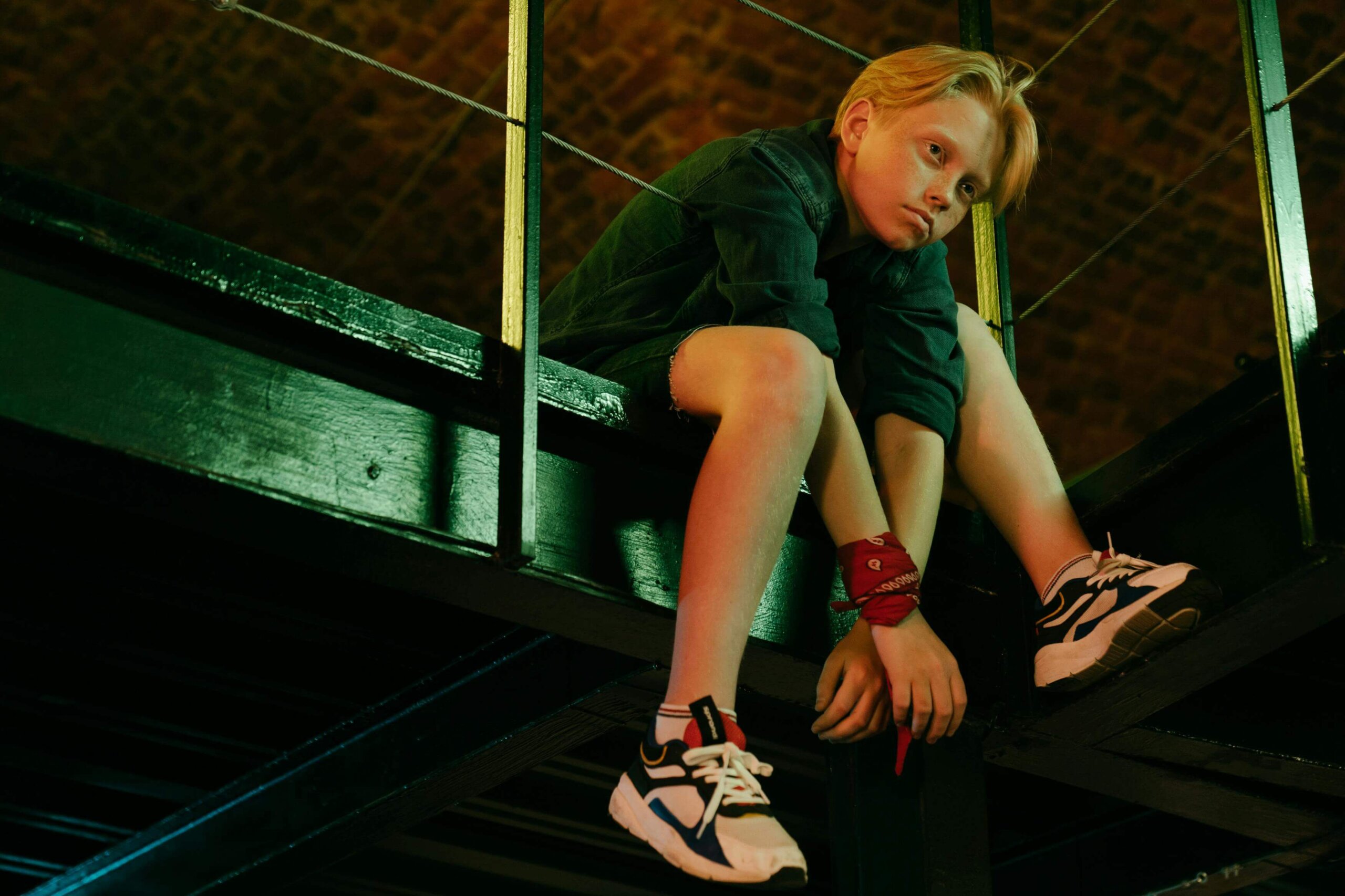As a parent, it can be heartbreaking to see your child struggling. Today’s teens are at risk for many challenges, including depression, drug or alcohol use, mental illness, physical, sexual or emotional abuse or bullying. The following 13 signs can indicate that your child is struggling and needs help.
1.Suddenly becoming secretive
If your once-open teen suddenly becomes unreadable and secretive, your child may be struggling with a serious issue that they may not feel comfortable disclosing.
2. Gradual or sudden drop in grades or performance at school or work
Oftentimes, when a teen is struggling, concentration, attendance and focus in school and at work begins to drop to a level where you notice that your child’s grades are significantly slipping or your child has been missing excessive amounts of school or work.
3. Extreme or otherwise unexplainable mood swings
While most teenagers experience mood swings, sometimes mood swings are extreme, bouncing from extremely elated to intensely sad and angry, or the mood may be completely unrelated to the environment or situation.
4. Violent temper
Any time your teen becomes violent or exhibits a dangerous level of anger, it is a cause for concern. This is especially true if your child has verbalized or written threats or plans for carrying out an act of violence.
5. A sudden change in interests or a drastic decrease in enjoyment of activities
A sudden loss of enjoyment in activities can signify depression, whereas a complete and sudden change of interests can accompany drug use, engaging in risky behaviors or criminal behavior, especially if the interests are drastically in contrast with your teen’s personality and previous interests.
6. Experimentation with drugs or alcohol
Many teens are curious about smoking, drugs or alcohol, but noticing that your child is experimenting with drug or alcohol use can signify other struggles, especially if the experimentation goes beyond one instance.
7. An increase in risky behaviors
Engaging in risky sexual practices, drug use, dangerous driving behaviors or other risky actions can also be a sign that your adolescent is dealing with challenges that may require intervention.
8. An increase in sleeping or spending time alone
Depression, anxiety, drug use or bullying can all contribute to an adolescent spending more time in his or her room alone, sleeping or avoiding hanging out with friends or family.
9. A drastic increase in rebellion or defiance
While many adolescents experience periods of rebellion or defiance in an effort to find a sense of independence and identity, excessive rebellion or defiance of rules or laws can be a sign of struggle as well.
10. Lying
Many times, teens that are struggling may resort to lying about their activities or their whereabouts in an effort to avoid being caught engaging in risky behaviors or coping mechanisms.
11. Avoidance of peer group or sudden change in peers
Most teens are relatively social, so if your child has suddenly began avoiding his or peers, it is possible that they need help coping with some issues.
12. Finding humor in extremely distressing situations or a focus on violence or trauma
This sign does not refer to seeing the good in bad situations, but rather, it refers to finding traumatic situations, such as school shootings, war or terrorist events, humorous. In addition, a focus on instances of mass violence and an agreement with the perpetrator may signify other struggles or mental health issues that need to be addressed.
13. Intense sadness
Finally, extreme sadness, extended crying that occurs for weeks or months or suicidal ideations are important signs that your teen is struggling.
If you notice that your child is experiencing one or more of these symptoms over an extended period of time and you are becoming concerned, call us for a free consultation. We can help you determine the best course of action to take to help your teen overcome these challenges and begin to thrive. We specialize in helping troubled teens overcome obstacles and offer our services at no cost to you.











0 Comments